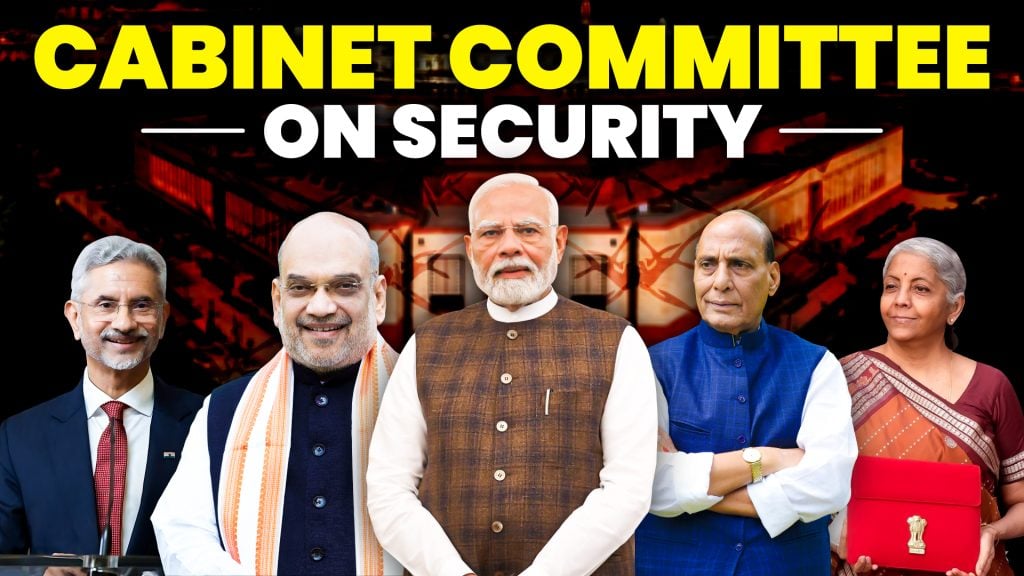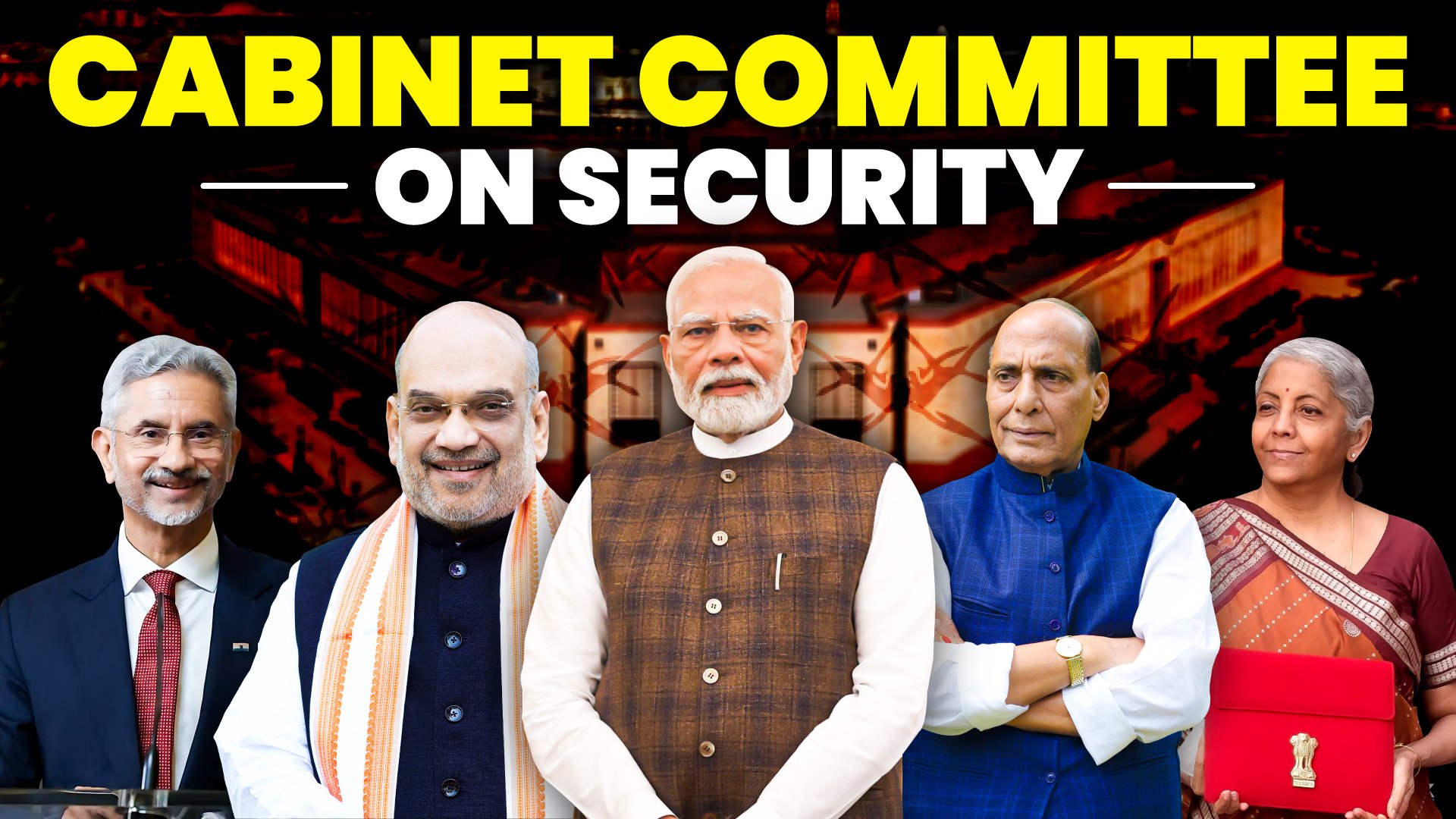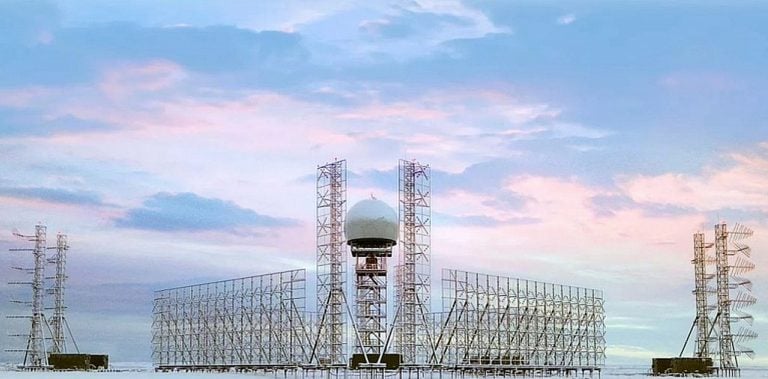The Cabinet Committee on Security (CCS) is the apex decision-making body in the Indian government responsible for matters of national security, defense, and foreign affairs. It is one of the most critical committees of the Union Cabinet, tasked with ensuring the sovereignty, integrity, and security of the nation.
Cabinet Committee on Security
Composition of the CCS
The CCS is chaired by the Prime Minister of India and includes key ministers holding portfolios directly related to security and defense. The typical members of the CCS are:
- Prime Minister (Chairperson)
- Minister of Defence
- Minister of Home Affairs
- Minister of Finance
- Minister of External Affairs
Additional ministers or officials may be invited to attend CCS meetings if their expertise or input is needed for specific issues.
Role and Functions of the CCS
The CCS is entrusted with high-level decision-making on the following critical matters:
- National Security and Defense Policy
- Formulates strategies to maintain national security and oversee defense preparedness.
- Takes decisions on the deployment of armed forces in both peacetime and wartime scenarios.
- Strategic Agreements and Relations
- Approves treaties and agreements with foreign nations, especially those impacting national security.
- Monitors India’s international defense partnerships and collaborations.
- Internal Security Management
- Reviews and formulates policies to counter internal security threats like terrorism, insurgency, and cyber threats.
- Oversees the functioning of intelligence agencies like RAW (Research and Analysis Wing) and IB (Intelligence Bureau).
- Defense Procurement
- Approves acquisitions and deals for advanced defense equipment, technologies, and weapon systems for the armed forces.
- Ensures that procurement aligns with India’s security needs and Make in India initiatives.
- Nuclear Policy and Deterrence
- Formulates policies related to India’s nuclear weapons program and oversees the strategic forces.
- Takes key decisions regarding the use of nuclear assets and deterrence strategies.

Importance of the CCS
- Quick Decision-Making
The CCS ensures timely decisions on urgent security matters, especially during crises like war, natural disasters, or internal unrest. - Policy Formulation
By addressing issues ranging from terrorism to geopolitical challenges, the CCS strengthens India’s defense and foreign policies. - Accountability and Coordination
The CCS serves as a platform for inter-ministerial coordination on security issues, ensuring coherence in India’s national strategy. - Strategic Oversight
It oversees India’s intelligence framework, ensuring effective surveillance and threat response mechanisms.
Key Achievements of the CCS
- Balakot Air Strikes (2019)
- The CCS approved the Indian Air Force’s operation to strike terrorist camps in Balakot, Pakistan, following the Pulwama terror attack.
- Surgical Strikes (2016)
- Sanctioned cross-border operations to neutralize terror launch pads in Pakistan-occupied Kashmir.
- Defence Modernization
- Approved major defense deals such as the procurement of Rafale fighter jets, S-400 missile systems, and the induction of indigenous military platforms under the Make in India initiative.
- Abrogation of Article 370 (2019)
- Played a crucial role in strategizing the abrogation of Jammu and Kashmir’s special status and its bifurcation into Union Territories.
Challenges and Criticisms
- Secrecy and Accountability
- Due to the sensitive nature of its discussions, decisions made by the CCS are often classified, leading to limited public scrutiny.
- Dependence on Intelligence Inputs
- The efficacy of CCS decisions depends heavily on the quality and accuracy of intelligence inputs, which can sometimes be a limitation.
- Delayed Modernization
- While the CCS approves defense procurements, the execution and delivery of projects often face delays.
Conclusion
The Cabinet Committee on Security plays a pivotal role in safeguarding India’s national interests by making strategic and timely decisions on security and defense matters. It ensures that the country remains prepared to face external and internal threats while maintaining a robust posture in global geopolitics. By continuously adapting to emerging challenges, the CCS strengthens India’s position as a secure and sovereign nation.








